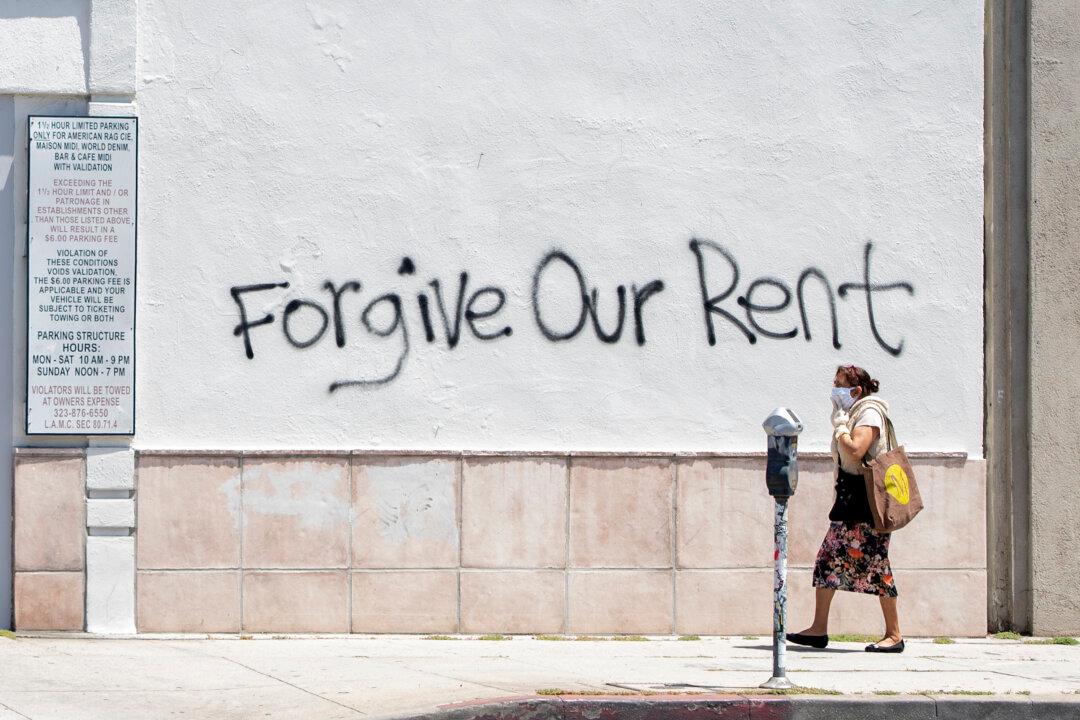Under legal pressure, the rule-making arm of California’s court system, the largest in the United States, has rescinded its pandemic-related emergency order that blocked the state’s courts from hearing eviction proceedings.
Landlords in California and across the country have reportedly been hard hit by emergency eviction moratoriums and by the inability of some of their tenants to pay rent in the troubled economy.





